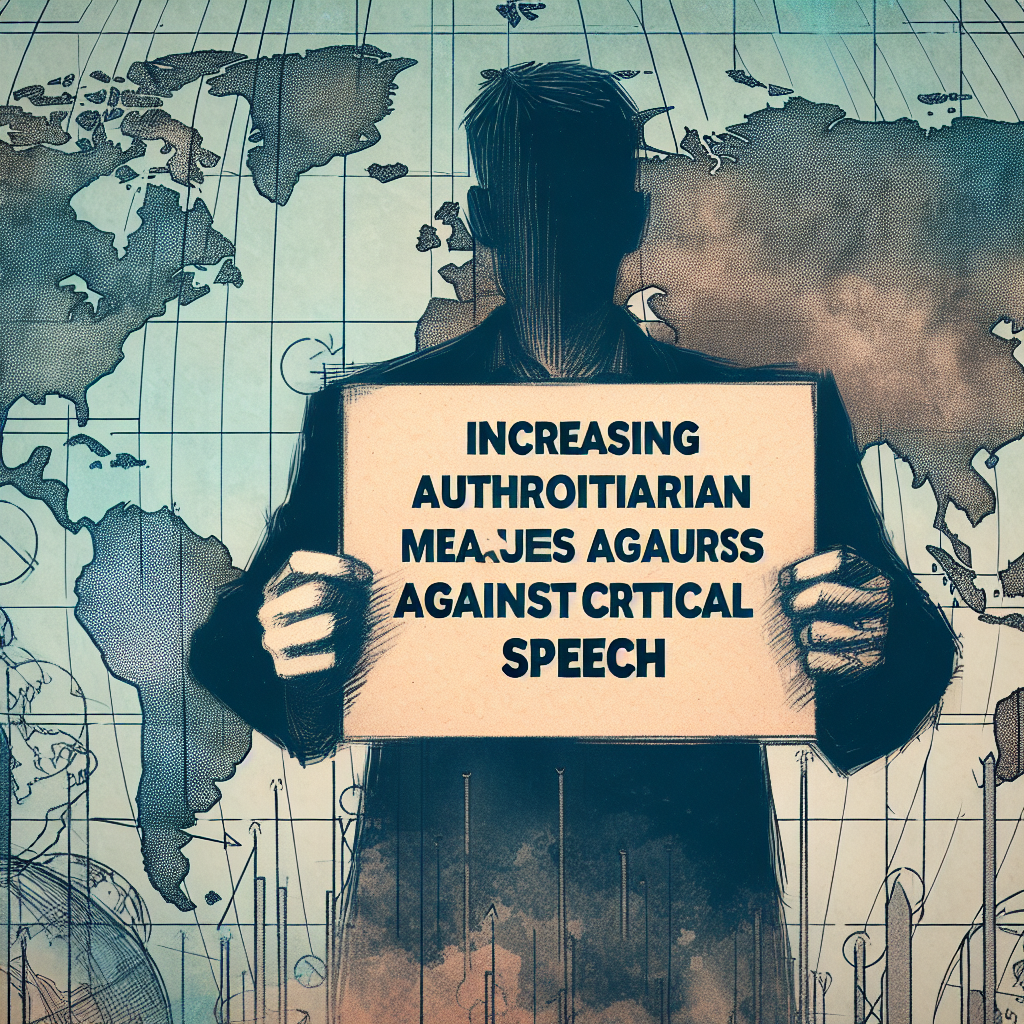In a significant and alarming development, British counterterrorism police executed a raid on the home of Asa Winstanley, editor of Electronic Intifada, fueled by suspicions that his social media activities breached the UK’s 2006 Terrorism Act. The Electronic Intifada is an independent media platform dedicated to reporting on Palestinian rights and the alleged abuses inflicted by the Israeli government. In recent years, the outlet has garnered attention for its investigative journalism that competes with mainstream media narratives—especially concerning topics like Israel’s use of tactics such as the Hannibal Directive and other controversial incidents—painting a picture that often contradicts the dominant portrayal of the Palestinian struggle. Winstanley’s role as a leading voice in this discourse has placed him at the center of increasing scrutiny and governmental backlash, culminating in the recent police action.
On the morning of the raid, about ten officers arrived at Winstanley’s North London residence, where they executed search warrants for his electronic devices. Although authorities clearly acknowledged his profession as a journalist, they proceeded to inform him of their investigation into potential violations of sections 1 and 2 of the Terrorism Act, which pertains to the encouragement of terrorism. This bold and somewhat unprecedented move has raised widespread concerns among advocates of press freedom, as it challenges the boundaries of journalistic expression in the context of discussing sensitive geopolitical issues. Importantly, despite the seizure of Winstanley’s devices, he was not arrested or formally charged with any offenses, highlighting the troubling nature of the allegations without concrete evidence brought forth against him.
Critics of this police action, including noted journalists and commentators, emphasize that it represents a disturbing trend of increasing authoritarianism within Western democracies, particularly with respect to dissenting views regarding Israeli policies. Glenn Greenwald, for example, remarked on the radical erosion of civil liberties under the guise of counterterrorism actions that disproportionately target those who express critical perspectives on Israel. The prevalent argument among such commentators holds that the rights to free expression are being curtailed as governments desperately attempt to maintain control over the narrative surrounding Israel and its treatment of Palestinians, consequently labeling any critical examination as inherently supportive of “terrorism.”
This broader trend reflects an alarming tendency wherein Western powers assert the right to define and suppress speech that diverges from their political objectives—especially when it pertains to designated groups such as Hamas and Hezbollah. The narrative is that any support, direct or indirect, for these organizations could equate to terroristic sympathies, a stance that inherently stifles meaningful discourse on complex geopolitical issues. In addition to police actions, social media platforms are increasingly cracking down on posts viewed as endorsing or glorifying such groups under the guise of combatting extremism. This results in an environment where even significant criticism of government foreign policy is rendered perilous, as online and in-person dissent is aggressively policed.
This identifiable pattern of suppression within the UK is not merely a localized phenomenon but part of a wider reaction against what many consider to be the “information age’s” democratization of speech. The notion that harmful or dissenting speech could jeopardize military operations and foreign policy ambitions has spurred a climate where governmental authorities feel justified in hunting down and penalizing those who counter or challenge established narratives. As illustrated by instances involving the likes of Palantir and public figures acknowledging the significance of controlling the narrative, there exists a systemic attempt aimed at cultivating a public view that aligns with governmental interests regarding foreign conflicts.
Asa Winstanley’s situation serves as a critical inflection point in the evolving struggle for free expression amid geopolitical tensions surrounding Israel-Palestine relations. The response to his work and the accompanying raid should galvanize journalists and advocates of free speech to voice their concerns more vigorously, as maintaining journalistic independence is increasingly existential in nature. It emphasizes the necessity to actively resist and hold accountable those who seek to stifle dialogue and dissent through intimidation, highlighting that such confrontations ultimately risk entrenching authoritarian paths in societies that profess to uphold democratic principles.
In this tumultuous context, it becomes evident that empire managers, driven by the desire to maintain dominant narratives, will continue resorting to increasingly drastic measures to quell dissent. The implications of Winstanley’s case extend far beyond journalistic confines, representing a pivotal clash over whether public opinion will be allowed to genuinely reflect the realities faced by those in political conflict zones, particularly in situations as fraught as that between Israel and Palestine. Thus, a collaborative effort to counteract narrative control and safeguard press freedoms emerges as absolutely essential for fostering genuine dialogue about humanitarian crises, ultimately reiterating that the struggle for free expression remains a defining facet in understanding the broader interplay of power, truth, and accountability in contemporary geopolitics.

